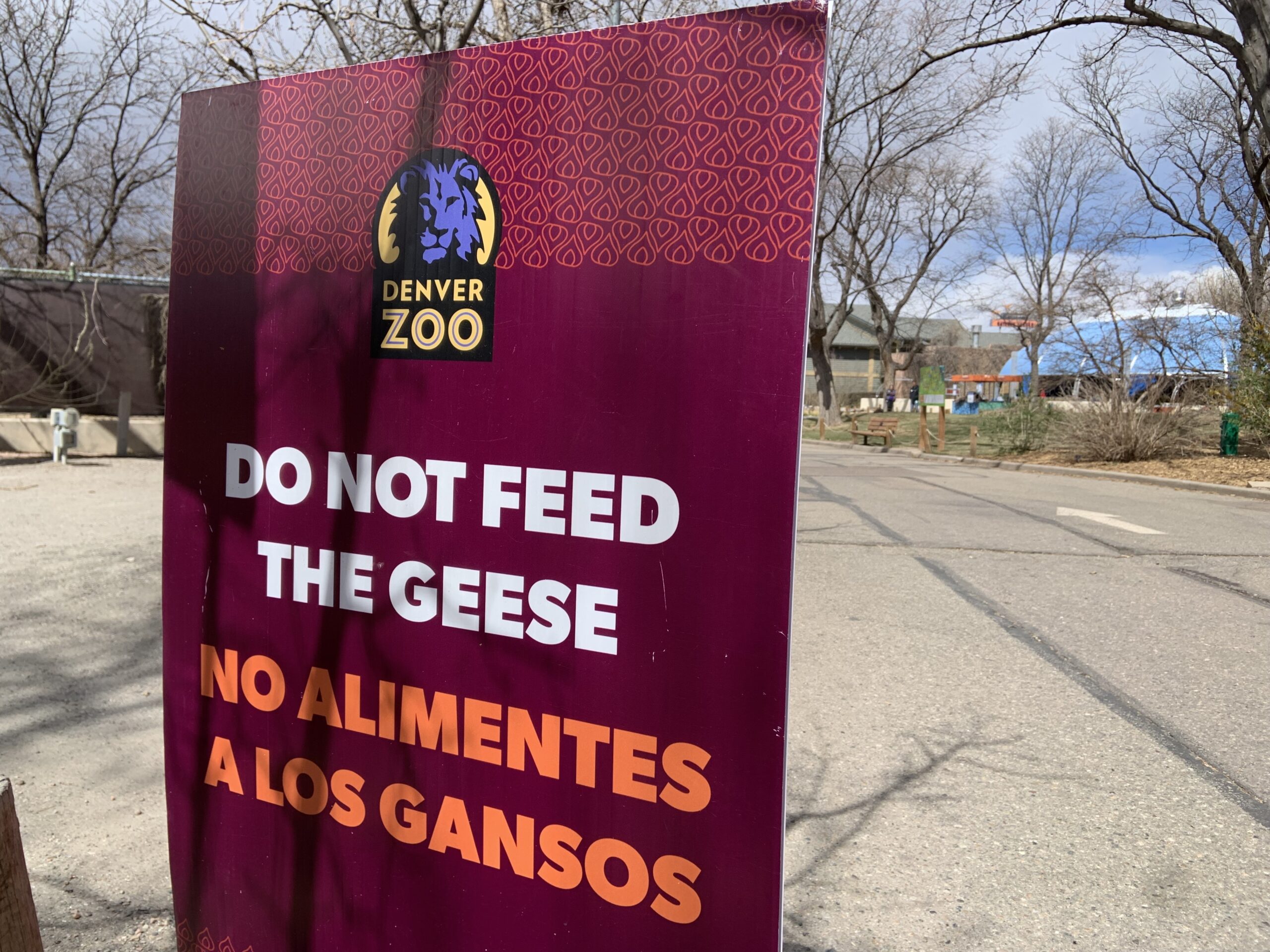
Dr. Maggie Baldwin, Colorado’s state veterinarian, ended the state’s last remaining avian flu quarantine Tuesday, allowing the state to declare avian flu-free status as designated by the World Organization for Animal Health (WOAH).
The avian flu, also known as highly pathogenic avian influenza or HPAI, has circulated in Colorado since April 2022, and even longer across the greater United States. The virus, which infected waterfowl, chicken, and some mammals, was responsible for the largest foreign animal disease outbreak in Colorado history.
More than 6.2 million domestic poultry died due to infection and in precautionary culls following exposures, according to the Colorado Department of Agriculture. The nationwide outbreak also drove up egg prices around the holidays.
There have been no outbreaks of avian flu detected in Colorado commercial poultry facilities since December 2022. There also hasn’t been a case reported among backyard flocks owned by amateur farmers since late April.
The final area under quarantine was a non-poultry backyard farm housing a mixed species group of 22 birds. The backyard was under a 180-day quarantine to prevent the further spread of the virus, which was lifted Tuesday.
“We are encouraged that we have reached the stage in this devastating outbreak that we have finally released the last premises from quarantine,” Dr. Baldwin said in a press release. “The efforts of our response partners and the poultry industry made this an incredibly successful response in Colorado. We believe increased biosecurity in commercial poultry operations and backyard flocks helped stem the transmission of the virus.”
Achieving HPAI-free status as designated by WOAH allows exports and international trade for Colorado poultry products to resume.
The state of the outbreak across the United States appears to be promising as well. Federal agriculture officials haven’t reported a domestic avian flu detection since May. Still, agriculture officials are hesitant to declare a complete victory over the virus, noting wild birds, like geese and hawks, are still spreading avian flu at low levels.
“Additional surveillance in the coming weeks will inform what impacts we may see during the fall migration,” Dr. Baldwin said.
Commercial and backyard bird owners are encouraged to keep up with biosecurity measures, like protecting flocks from outdoor birds and providing clean water to flocks, as fall migration draws closer.
Avian flu cases among humans are extremely rare, and they usually occur only when people are heavily exposed to infected poultry, usually through handling sick birds or consuming infected meat. It’s treatable if contracted.









